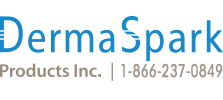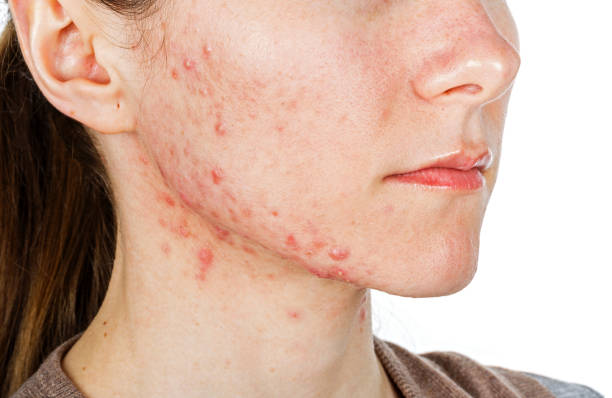Acne is a catch-all term used to describe repeatedly occurring blackheads, whiteheads, and pimples. Acne is most common in young adults, and in those with oily skin. Usually, a skin regimen that cleanses, hydrates, and treats the skin can treat and prevent mild-moderate acne. A consistent routine can be effective in keeping those irritating bumps at bay. While acne typically poses no concern to our overall health, it can take a severe toll on an individual’s self-confidence. A 2017 study showed that there is a direct correlation between acne severity, lower self-esteem, and anxiety. So, a better understanding of the causes and potential treatment plans for acne can be beneficial for overall skin- health, and deliver a boost to self-confidence.
Causes of Acne
- Genetics- that’s right, sometimes we are dealt an unfortunate deck of the skin cards.
- Hormonal changes- pregnancy, puberty, birth control
- Stress, lack of sleep
- Topical products that encourage oil build-up
- Bacterial build-up caused by makeup, environmental polution, etc.
Traditional Treatment Routes
The ideal treatment for acne will vary in effectiveness from person to person. However, from topical treatments to oral antibiotics, to spa treatments, there is a solution for everyone.
- Topical treatments: drugstore products and creams that contain benzoyl peroxide, salicylic acid, and azelaic acid (to name a few) can be effective in treating mild acne.
- Prescription topical treatments: for moderate to severe acne, a visit to the dermatologist will be the best route to find the best treatment plan for your skin. Often, prescription topical treatments have higher concentrations of active ingredients.
- Oral antibiotics: a medical professional can prescribe antibiotics such as clindamycin and tetracycline.
- Birth control: if the acne is hormonal, doctors may suggest taking the birth control pill
- Oral Isotretinoin: this is often a last-resort solution; usually after trying and exhausting other treatment options.
- Cortisone injections, dermabrasion, and laser therapy are professional treatments. However, these are often more invasive treatment options.
- Tripollar RF Device: this non-invasive device creates deep dermal heat, heating and effectively shrinking the sebaceous glands. Thus, this reduces sebum production and increases skin oxygenation which heals the affected skin follicles and leaves the surrounding skin unharmed. According to a 2011 study, this treatment is suitable for those who prefer to avoid long-term drug treatment and for those who have failed medical management.
So, if you struggle with acne, just know you are not alone– approximately 80% of the population have experienced it at some point in their lives. There are several treatment options to try- the road to clear, glowing skin is ahead!


